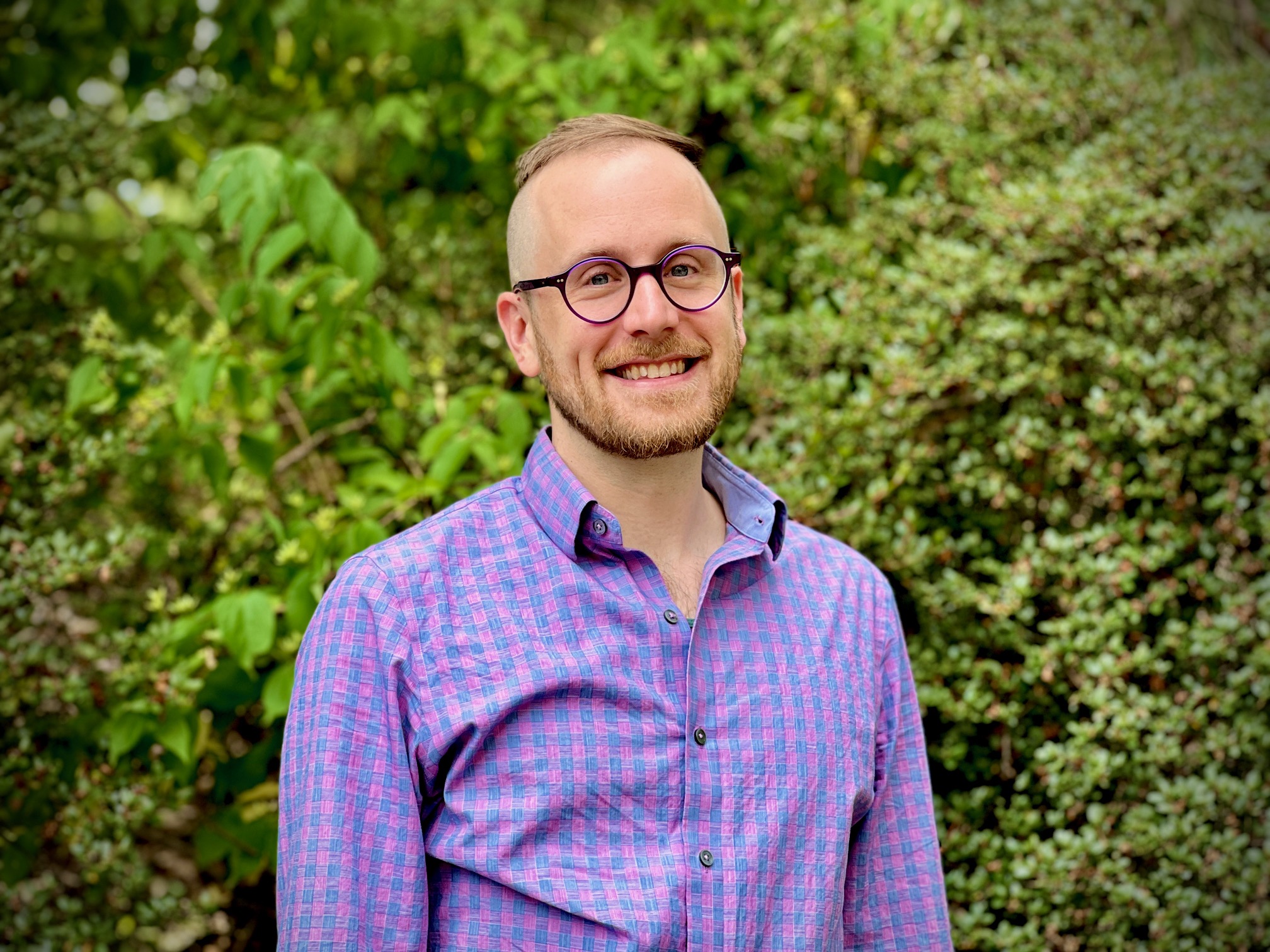14. Establish a private life.
Nastier rulers will use what they know about you to push you around. Scrub your computer of malware on a regular basis. Remember that email is skywriting. Consider using alternative forms of the internet, or simply using it less. Have personal exchanges in person. For the same reason, resolve any legal trouble. Tyrants seek the hook on which to hang you. Try not to have hooks.
-Timothy Snyder, On Tyranny
A Time to Speak Loudly. A Time for Silence.
While social-media culture encourages us to share everything (e.g., our families, meals, vacations, political rants, heartbreaks, and professional successes and failures) with hundreds, if not thousands, of people as a means to generate free content for platforms to profit from, Snyder encourages us to be a bit more cautious with what we put out into the world.
The cultural shift to making our lives hyper-public is understandable. As there has been a decline in in-person connection and engagement in civic organizations, as well as an epidemic of loneliness, the urge to meet some of those needs digitally makes sense.
At the same time, we need to do so with caution. As queer theorist Leo Bersani observed in his 1995 book, Homos, “visibility is a precondition of surveillance [and] disciplinary intervention.” While the queer political commitment to coming out has many advantages, secrecy and the closet may often be a safer, and sometimes even more strategic, option.
As Jews, we also know this wisdom well. In the book of Esther, we read of Esther’s life in the palace of King Ahashverosh, “Esther did not reveal her people or her kindred” (Esther 2:10). While Haman had yet to develop his plot to kill the Jews at this point in the narrative, Esther’s caution served her well in the end, when she was able to “come out” on her own terms and use her position of power to save the Jewish people.
Midrash Tankhuma (Vayeitzei 6:2) links Esther’s choice not to reveal her Jewish identity with a teaching from Pirkei Avot 1:17: “Rabbi Shimon ben Gamliel said: I was reared among the sages, and I discovered that there was nothing more beneficial for a person than silence.” Sometimes, the benefit of silence is survival.
In my own life, I was one of the earliest users of Facebook, having been a college student in the Boston area when it was founded (originally as TheFacebook.com) and required an .edu email address. In November of 2016, I shared a devar Torah I had written on Facebook that included my commitment to stand up for Muslims, in part because I have close family members who are members of a Sufi Muslim community. While I believe they appreciated the sentiment, those very family members asked me to take down the post because they were understandably worried about making their connection to Islam so public. In a moment of political leaders fueling Islamophobia, my family knew the power of establishing a private life. More recently, I deactivated my Facebook account, and it’s been a wonderful change in my own life.
In 1987, Avram Finkelstein, in collaboration with five others, founded the Silence=Death project, which led to the now famous Silence=Death art that they later gave over to the AIDS Coalition to Unleash Power (ACT UP). The art included the use of an inverted pink triangle, repurposing the symbol Nazis used for homophobic marking and persecution.
In many ways, I owe my life to Finkelstein and his peers, their art, their activism and their commitment to the idea that Silence=Death. I also owe my life to the wisdom of Esther, Rabbi Shimon and their commitment to remain silent.
To resist tyranny, there will be moments when we will be called on to draw on the wisdom of each camp. There will be moments when we will need to call for democracy and justice as loudly and as pervasively as possible. And there will be moments when we need to stay silent, or at least be more selective about where and how we share our thoughts and lives. May we be blessed with the ability to discern the wisdom needed for any given moment.







